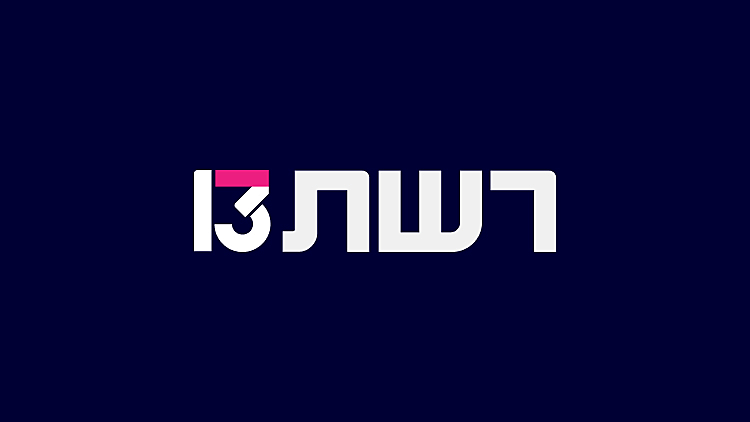שלום שמחון: "אנשי אגף התקציבים ניצחו את ועדת טרכטנברג"
Deutsche Bank revised valuation of the Pele-Phone stake that secures the loan and Shamrock's bank credit

Bezeq (TASE: BZEQ ) announced last night that it is to write off NIS 844 million in loans that it extended to Shamrock to purchase shares of mobile telephone operator Pele-Phone.
The write off in its fourth quarter 2002 report follows an NIS 354 million write off in the previous quarter.
At the end of 2000, Bezeq extended $240 million in credit to Shamrock, the investment arm of the Disney family, to purchase half of Pele-Phone, which at the time was valued at $1.3 billion.
The loan was extended to a company set up for the purpose by Shamrock. The company's only assets are the 50% stake in Pele-Phone; its debts are the loans it took to execute the purchase.
Bezeq, which owns the remaining 50% of Pele-Phone, received an option to purchase Shamrock's shares over a four-year period following the transaction. The collateral against the loan was 40% of Pele-Phone's shares.
In addition to the loan from Bezeq, Shamrock received a bank loan of $375 million.
Under the terms of Shamrock's financing agreements for the deal, its creditor banks received priority on guarantees against loans. In other words, in the event that Shamrock is unable to repay its loan, the banks are entitled to receive Pele-Phone shares up to the value of the loans they extended.
The implication of the agreement is that, if Pele-Phone's valuation drops below $750 million, meaning Shamrock's 50% holding in the company drops below the value of its $375 million bank loans, the banks get first dibs on the Pele-Phone stake and Bezeq¿s loan remains completely unsecured.
According to a valuation of Pele-Phone Bezeq requested recently from Deutsche Bank, the current value of the mobile calls operator is between $650-$800 million, drastically lower than the $1-$1.2 billion Deutsche Bank quoted just four months earlier.
The earlier estimate was criticized by many analysts and, as a result, the market anticipated a new valuation that would be significantly lower.



